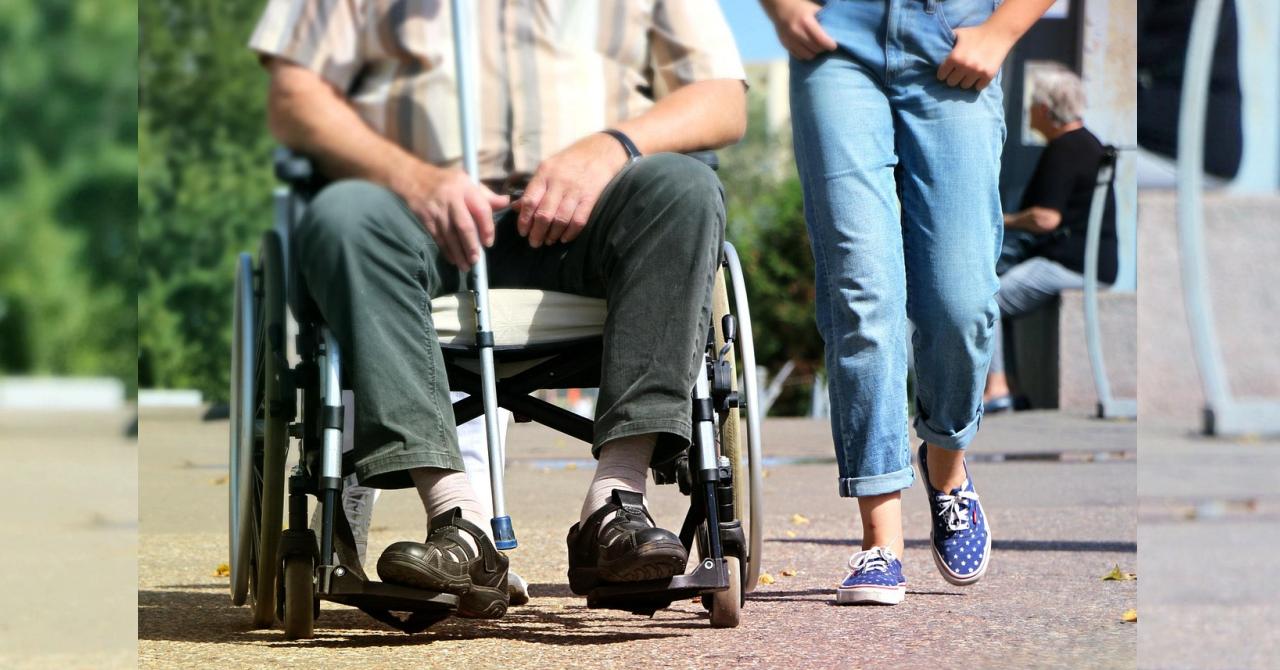Caregivers are responsible for providing essential care for recipients, such as feeding, bathing, administration of medicines, and other daily activities. However, there are times when caregivers are tasked to perform things that are not part of their job description.
To address these cases, the Taipei City Labor Bureau has issued a warning to employers, reminding them that “caregivers are not handymen.” Those who will be found guilty of asking caregivers to do “unauthorized work” could face fines up to TWD 150,000!

Employers Warned Against Giving Unauthorized Work
According to the Taipei City Labor Bureau, employers are not allowed to ask caregivers to perform jobs or tasks other than caregiving, the TTV News Channel reported.
What Caregivers Can/Should Do
The law states that the duties of caregivers should be focused on providing daily care for their recipients. This include assisting with preparing meals, feeding, bathing, administering medications, basic rehabilitation, and keeping the client’s room clean.
What Caregivers Should Not Do
Labor Bureau Director Wang Qiudong reiterated that caregivers are not “errand runners,” “home helpers,” or “handymen.” Their duties should be focused on caring for their recipients.
Over the years, however, the Labor Bureau has received reports of employers asking caregivers to do tasks that are outside their job description. These include grocery shopping, paying bills, making bank transactions, and even running errands for the employer’s family members and friends. These tasks are not related to caregiving, and are therefore considered as “unauthorized work.”
Moreover, there is a misconception among some employers that if the caregiver performs these tasks “voluntarily” or during their break time, it is not illegal. However, the Labor Bureau stated that these tasks are illegal, especially since the employer is aware of aware of the situation but still allows or consents to it.
Penalties for Breaking the Law
Those who violate the law, as stated in the Employment Services Act, shall be fined penalties between TWD 30,000 and TWD 150,000. Furthermore, repeat violations could lead to their recruitment and employment permits getting revoked, which means that they will not longer be allowed to hire foreign workers in the future.
Likewise if the caregiver are found to be performing unauthorized work for the employer’s family or friends, the relevant beneficiaries may also be fined up to TWD 750,00 for “illegal employment” or “harboring illegal work,” as stated in the Employment Services Act.
Whether you’re a caregiver or an employer, it’s important to know and to follow the law regarding what constitutes as authorized and unauthorized work. Let us remember that caregivers should be focused on providing care for their recipients; they should not be asked to perform tasks that are outside of their job description!
Aside from caregiving, nursing is another health-related job that is in-demand in this country. If you are interested in becoming a nurse here, check out this guide on how Filipino nurses can apply for work in Taiwan.
